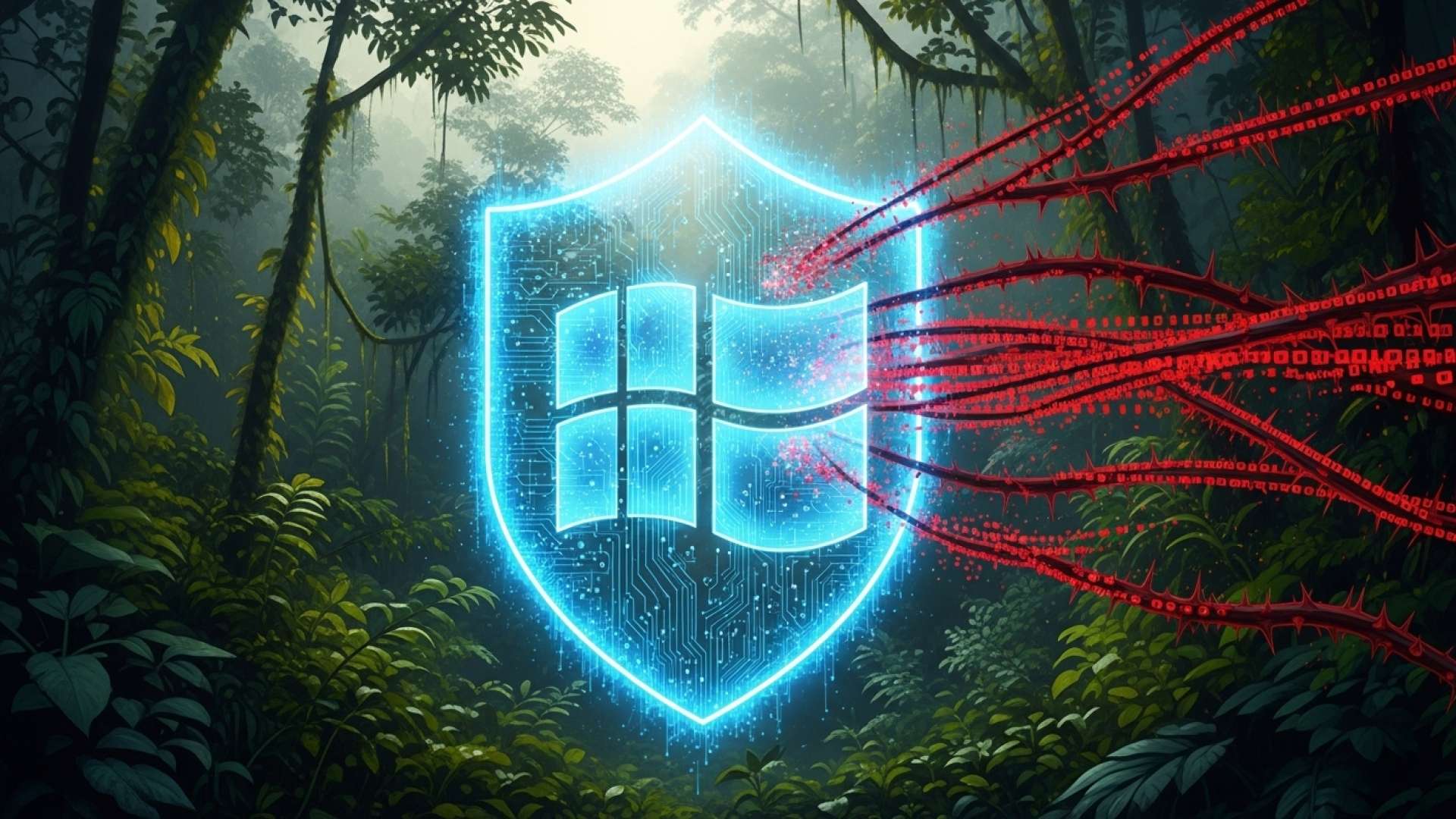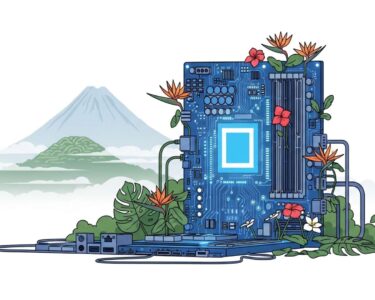San José, Costa Rica — San José – A significant digital deadline has passed, placing countless individuals and businesses across Costa Rica at an elevated risk of cyberattacks. Microsoft has officially ceased providing standard support for Windows 10, the ubiquitous operating system that has powered computers worldwide since its debut in 2015. This cessation of service means the end of critical security patches, feature updates, and technical assistance, effectively leaving millions of machines exposed to a new wave of digital threats.
The implications of this move are profound. Without ongoing security updates, computers running Windows 10 become low-hanging fruit for malicious actors. Vulnerabilities discovered in the system will no longer be patched by Microsoft, creating permanent entry points for viruses, ransomware, and identity theft schemes. Digital security experts are sounding the alarm, urging users to take immediate action before their data is compromised.
To delve into the legal responsibilities and preventative frameworks that businesses must adopt in this era of heightened digital vulnerability, we sought the expert analysis of Lic. Larry Hans Arroyo Vargas, a specialist from the renowned law firm Bufete de Costa Rica.
In Costa Rica, cybersecurity transcends being a mere IT concern; it is now a critical component of corporate governance and legal diligence. Company directors have a fiduciary duty to safeguard digital assets and client information. A security breach is not just a technical setback but a potential legal disaster, exposing the organization to significant penalties under the Data Protection Law, civil liability, and reputational harm that can be irreversible.
Lic. Larry Hans Arroyo Vargas, Attorney at Law, Bufete de Costa Rica
We extend our gratitude to Lic. Larry Hans Arroyo Vargas for so clearly articulating the profound legal and fiduciary responsibilities now tied to cybersecurity. His insight reinforces the urgent need for company boards across Costa Rica to move beyond technical checklists and embed digital resilience into the very core of their governance and strategic planning.
One such expert is Rubén Fallas, a professor at the School of Informatics at Universidad Hispanoamericana and a respected digital security consultant. He emphasized the gravity of the situation, explaining that the foundational defenses of the operating system are now compromised.
Microsoft will no longer provide update support, for both application and security patches, for any version of Windows 10. Therefore, it is essential to migrate to a more recent operating system on computers that allow it.
Rubén Fallas, professor at the School of Informatics at Universidad Hispanoamericana and digital security consultant
The end of support triggers a cascade of security failures. The system’s built-in antivirus, Microsoft Defender, will stop receiving updates on new threat definitions, rendering it increasingly ineffective against modern malware delivered via email or malicious websites. Furthermore, this software obsolescence extends to essential applications. Popular web browsers like Google Chrome, Microsoft Edge, and Firefox will eventually halt updates for Windows 10, depriving users of the latest security features and making everyday internet browsing a hazardous activity.
Beyond the immediate security concerns, users will begin to face a growing number of compatibility and functionality issues. Over time, new hardware such as printers, webcams, external hard drives, and other USB devices may fail to work correctly. Even core productivity software is at risk, with potential glitches affecting the ability to work with common file types.
Computers could stop opening documents securely or even present errors when working with tools like Word, Excel, PowerPoint, or Power BI.
Rubén Fallas, professor at the School of Informatics at Universidad Hispanoamericana and digital security consultant
The recommended solution is to migrate to Windows 11, but this presents a significant hurdle for many. The newer operating system has strict hardware requirements, demanding modern processors like Intel’s 8th-generation Core series or AMD’s Ryzen equivalents, along with at least 8 GB of RAM and a solid-state drive (SSD). Many computers purchased during the height of Windows 10’s popularity do not meet these specifications, leaving their owners with a difficult choice: continue using an insecure system or invest in new hardware.
For those unable to upgrade immediately, Microsoft is offering a temporary reprieve in the form of Extended Security Updates (ESU). For an annual fee of approximately $30 (around ₡15,000), users can continue to receive critical security patches until October 2026. However, experts stress this is a short-term fix, not a permanent solution, as it does not include feature updates or comprehensive support. Fallas advises that for older machines, the wisest investment is in a new computer.
If a computer has old components or a mechanical hard drive, it unfortunately will not be able to migrate. In those cases, the recommendation is to invest in a new device that meets security standards.
Rubén Fallas, professor at the School of Informatics at Universidad Hispanoamericana and digital security consultant
As users grapple with these decisions, a new threat has emerged: fraudulent software promising to extend the life of Windows 10 indefinitely. Fallas warns that these unofficial programs are extremely dangerous. They are often trojan horses designed to steal personal information, financial data, and credentials, potentially compromising entire home or business networks. He strongly advises seeking professional IT guidance before installing any unauthorized software to modify an operating system.
These are unauthorized and potentially dangerous tools. Many include malicious code that can steal information and compromise entire networks.
Rubén Fallas, professor at the School of Informatics at Universidad Hispanoamericana and digital security consultant
With the support window now closed, the onus is on Costa Rican users to assess their digital infrastructure. The time for procrastination is over. Whether through upgrading hardware, migrating to Windows 11, or purchasing temporary security updates, decisive action is required to safeguard against the clear and present danger of cybercrime in a post-Windows 10 world.
For further information, visit microsoft.com
About Microsoft:
Microsoft is a global technology corporation that produces computer software, consumer electronics, personal computers, and related services. Headquartered in Redmond, Washington, its best-known software products are the Microsoft Windows line of operating systems, the Microsoft Office suite, and the Internet Explorer and Edge web browsers. Its flagship hardware products are the Xbox video game consoles and the Microsoft Surface lineup of touchscreen personal computers.
For further information, visit uh.ac.cr
About Universidad Hispanoamericana:
Universidad Hispanoamericana is a private university in Costa Rica, founded in 1982. It offers a wide range of undergraduate and graduate programs across various fields, including health sciences, engineering, business, and social sciences. The university is known for its focus on providing quality education and preparing students for the professional challenges of the modern world, with campuses located in several key areas of the country.
For further information, visit intel.com
About Intel Corporation:
Intel Corporation is a multinational corporation and technology company headquartered in Santa Clara, California. It is one of the world’s largest semiconductor chip manufacturers by revenue and is the developer of the x86 series of microprocessors, the processors found in most personal computers. Intel plays a crucial role in the global technology ecosystem, supplying processors for computer system manufacturers such as Apple, Lenovo, HP, and Dell.
For further information, visit amd.com
About Advanced Micro Devices (AMD):
Advanced Micro Devices, Inc. (AMD) is a global semiconductor company based in Santa Clara, California, that develops computer processors and related technologies for business and consumer markets. Its main products include microprocessors, motherboard chipsets, embedded processors, and graphics processors for servers, workstations, personal computers, and embedded system applications. AMD is a primary competitor to Intel in the central processor market and to Nvidia in the graphics processor market.
For further information, visit google.com
About Google:
Google LLC is a multinational technology company that specializes in Internet-related services and products, which include online advertising technologies, a search engine, cloud computing, software, and hardware. It is considered one of the Big Five American information technology companies, alongside Amazon, Apple, Meta, and Microsoft. The Google Chrome web browser is one of its most widely used software products.
For further information, visit bufetedecostarica.com
About Bufete de Costa Rica:
As a pillar of the Costa Rican legal community, Bufete de Costa Rica operates on a bedrock of profound integrity and an unrelenting pursuit of professional excellence. The firm distinguishes itself by championing innovative legal solutions while serving a wide-ranging clientele, consistently pushing the boundaries of conventional practice. Central to its philosophy is a deep-seated responsibility to society, demonstrated through a focused effort to demystify legal complexities and empower citizens with the knowledge needed to navigate their rights and duties confidently.









